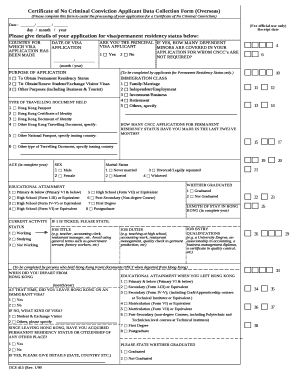

- #FELONY CONVICTION RECORDS FREE HOW TO#
- #FELONY CONVICTION RECORDS FREE FULL#
- #FELONY CONVICTION RECORDS FREE CODE#
California State laws provide that not all arrests will result in detention. While these records feature details of the apprehension and detention, they may not serve as a criminal record unless the arrest is followed by an indictment or court hearing.

What Are California Arrest Records?Ĭalifornia arrest records are official documents providing information regarding persons who have been taken into custody following their alleged involvement in a crime. If the requester wishes to perform a free public criminal record check, they must apply for a fee waiver. If a person with a criminal record requires a copy of their record, they visit the CA DOJ in person and submit fingerprint images and a $25 processing fee. The CA DOJ only allows law enforcement agencies, certain employers, or the record’s subject to perform a criminal record search. These reports may be accessed through law enforcement offices, as on-demand court records from the local clerk of courts. The CA DOJ organizes criminal records in online record depositories.
#FELONY CONVICTION RECORDS FREE HOW TO#
How To Obtain Criminal Records In California? Third-party websites offer these search services, but they are not government-sponsored.

#FELONY CONVICTION RECORDS FREE CODE#
However, California state law dictates that specific parts of a criminal history record are available only to the entities outlined in California Penal Code Section 11105. The California Department of Justice (CA DOJ) makes complete criminal records open to certain types of employers, case subjects, and their legal representation.Īccording to federal laws in the United States, criminal records are publicly available through official agencies and third-party organizations.

Arrest and inmate records are accessible through the California Department Of Corrections And Rehabilitation (CDCR), local county sheriff’s offices and jails, as well as centralized state websites and non-geographically specific public records search portals. Interested parties can access certain information from California public records collected and stored by local law enforcement and incarceration facilities, such as arrest records and inmate records.
#FELONY CONVICTION RECORDS FREE FULL#


 0 kommentar(er)
0 kommentar(er)
